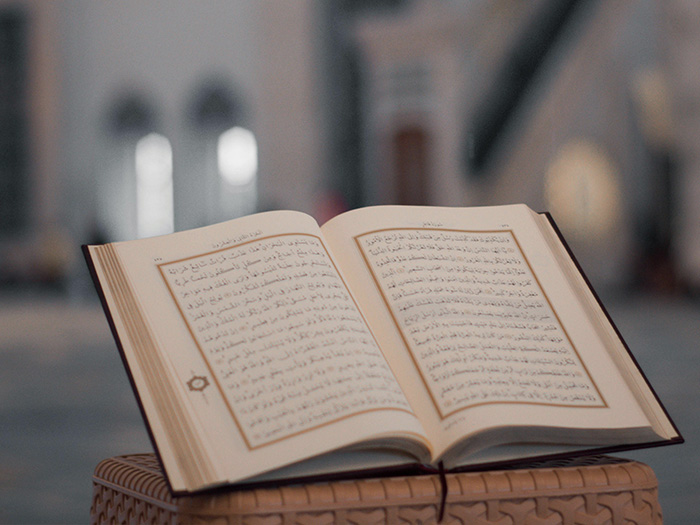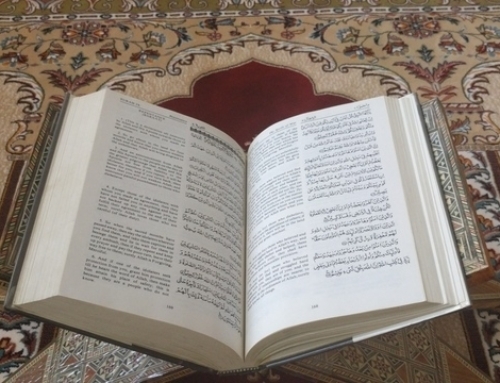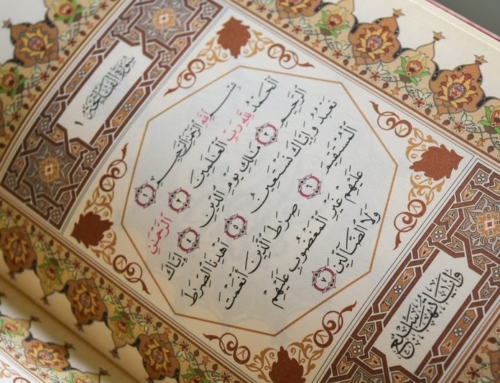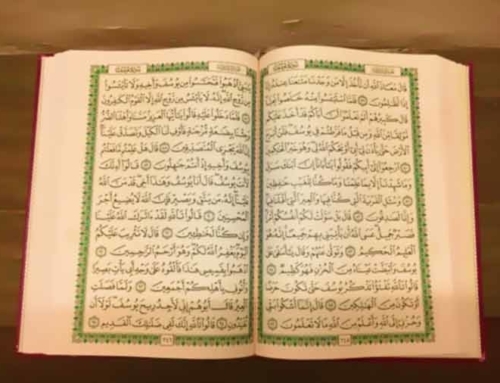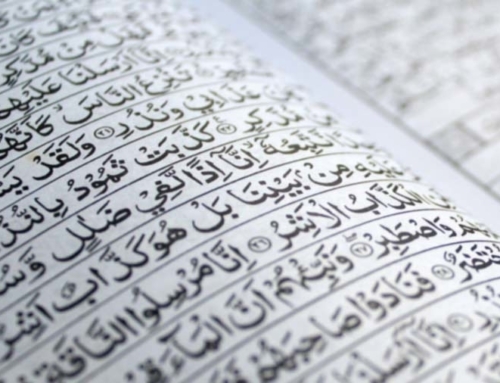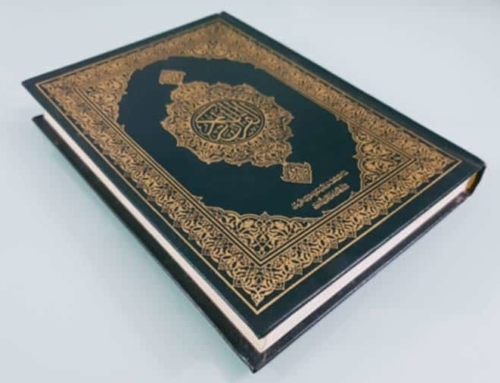The Quran, the holy book of Islam, revealed to the Prophet Muhammad, peace be upon him, in the 7th century, stands as a remarkable work that has convinced billions of its divine origin. At the heart of this sacred text lies the question of its authorship. Numerous scholars and historians have presented compelling arguments that the Prophet Muhammad, peace be upon him, himself could not have been the author of the Quran.
1. The Prophet’s Background and Education
The Prophet, peace be upon him, was born in Mecca in 570 CE, into a society that was predominantly illiterate. He was raised in a modest family and did not receive any formal education in literature, poetry, or rhetoric. In fact, the Quran itself refers to him as an “unlettered prophet” (Quran 7:157), meaning he could neither read nor write fluently. Given his lack of formal education and literary background, it is highly improbable that he could have produced a work of such profound literary and linguistic excellence as the Quran. This lack of formal education and literary training is a well-established historical fact, corroborated by numerous reliable sources from the era. The Prophet’s companions and contemporaries consistently described him as someone who could neither read nor write fluently, a fact that was widely known and accepted among his contemporaries and historians.
Given this background, it is highly improbable, if not impossible, that the Prophet, peace be upon him, could have single-handedly authored the Quran, a text that is widely known for its profound literary and linguistic excellence. The Quran’s intricate use of literary devices, its consistent narrative flow, and its unique stylistic elements were unparalleled in the Arabic literature of that time, even among the most skilled poets and orators.
This stark contrast between the Prophet’s humble origins and lack of formal education, and the Quran’s exceptional literary qualities, has led many scholars and historians to conclude that he could not have been the author of the Quran. Instead, they argue that the Quran’s literary and linguistic brilliance, along with its coherence, scientific accuracy, and prophetic nature, point to a divine source beyond the capabilities of a single individual, especially one without any formal literary training.
4. The Qurʾān is Recited in the Prayer
Each prayer consists of certain movements such as standing, bowing, and prostrating. One of the most important parts of the prayer is the recitation of some part of the Qurʾān from memory. This allows Muslims to constantly be in touch with the word of God. It is to be recited in a beautiful and melodic manner that appeals to the emotion of the listener. The word “Qurʾān” actually means “The most recited.” It is a fact that the Qurʾān is actually the most recited book on earth. With a significant percentage of the 1.5 billion Muslims praying five times a day, the Qurʾān is constantly being recited all over the world.
4. The Scientific Accuracy of the Quran
One of the most compelling arguments for the divine origin of the Quran is its remarkable scientific accuracy. The Quran contains numerous references to scientific phenomena and natural processes that were not fully understood or discovered until centuries later. These references cover a wide range of topics, including cosmology, embryology, geology, and biology, among others.
For example, the Quran accurately describes the formation of the universe from a single entity (the “Big Bang theory”) and the expansion of the universe (Quran 21:30). It also provides detailed descriptions of the embryonic development stages (Quran 23:12-14), which were not scientifically understood until the advent of modern embryology.
Such scientific accuracies in a 7th-century text are remarkable, especially considering the limited scientific knowledge available at the time. The Prophet Muhammad, peace be upon him, could not have possessed such advanced scientific knowledge on his own, further supporting the idea that the Quran is of divine origin.
5. The Preservation of the Quranic Text
The preservation of the Quranic text is another aspect that adds to its credibility as a divine revelation. Unlike many ancient texts and scriptures that have undergone numerous changes and revisions over time, the Quran has remained intact since its revelation over 14 centuries ago. The meticulous oral transmission of the Quran, coupled with the early written compilations ensured that the Quran has been preserved in its original form without any alterations or distortions.
This level of preservation is unparalleled in human history and attests to the divine protection of the Quranic text. Despite attempts by detractors and adversaries to distort or manipulate the Quran, its integrity has remained unblemished. The consistency of the Quranic text across different manuscripts and versions in various parts of the world further reinforces its divine origin, as it suggests a transcendent source guiding its preservation through the ages. The preservation of the Quranic text not only lends credibility to its divine origin but also serves as a practical guide for Muslims worldwide, ensuring that they have access to the unadulterated word of God for spiritual guidance and enlightenment.
Conclusion
The Quran stands as a testament to divine revelation, transcending the boundaries of time, culture, and human limitations. Its profound literary excellence, coherence, scientific accuracy, and universal message all point to a source beyond the capacity of any individual, including the Prophet Muhammad, peace be upon him. The Quran’s preservation over centuries further underscores its divine origin, as it remains unchanged. It is a living miracle, a beacon of divine wisdom that illuminates the path of righteousness for all who seek it. Want to read the Quran for yourself? Visit whyislam.org or call 877-WHY-ISLAM for your free copy today. You deserve to know!
Got Questions?
We have Answers. Get in touch now.


